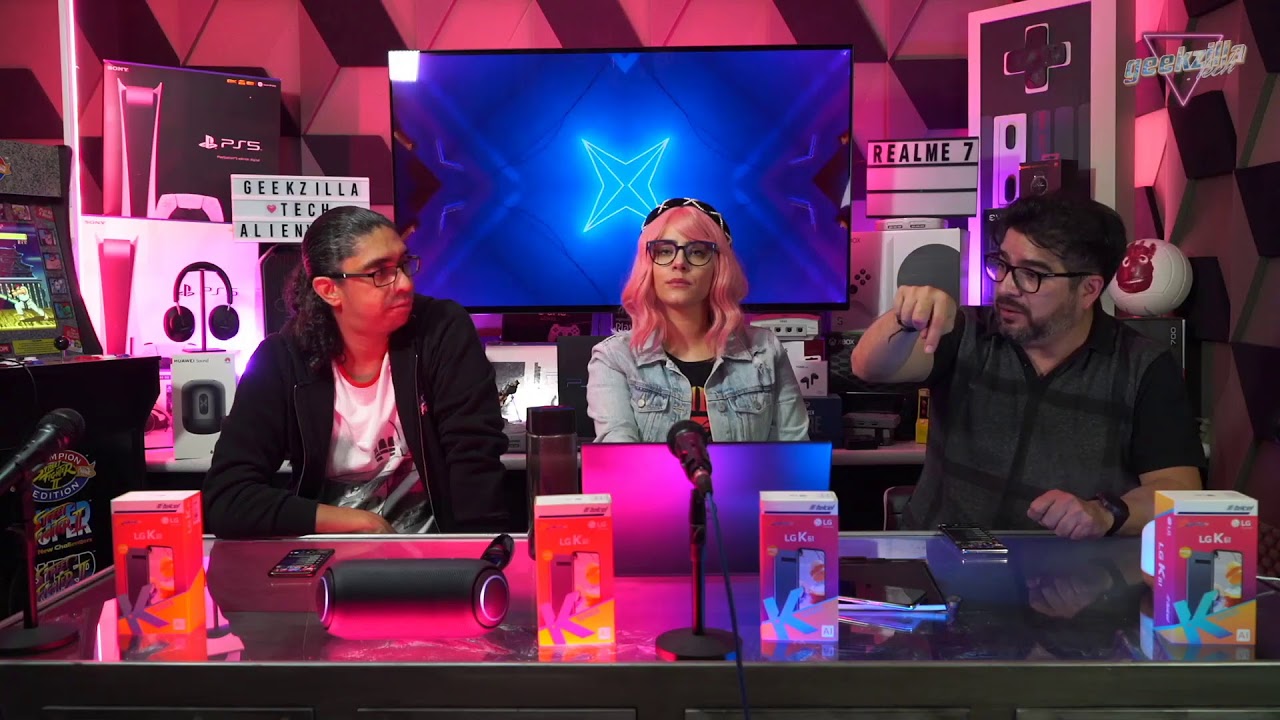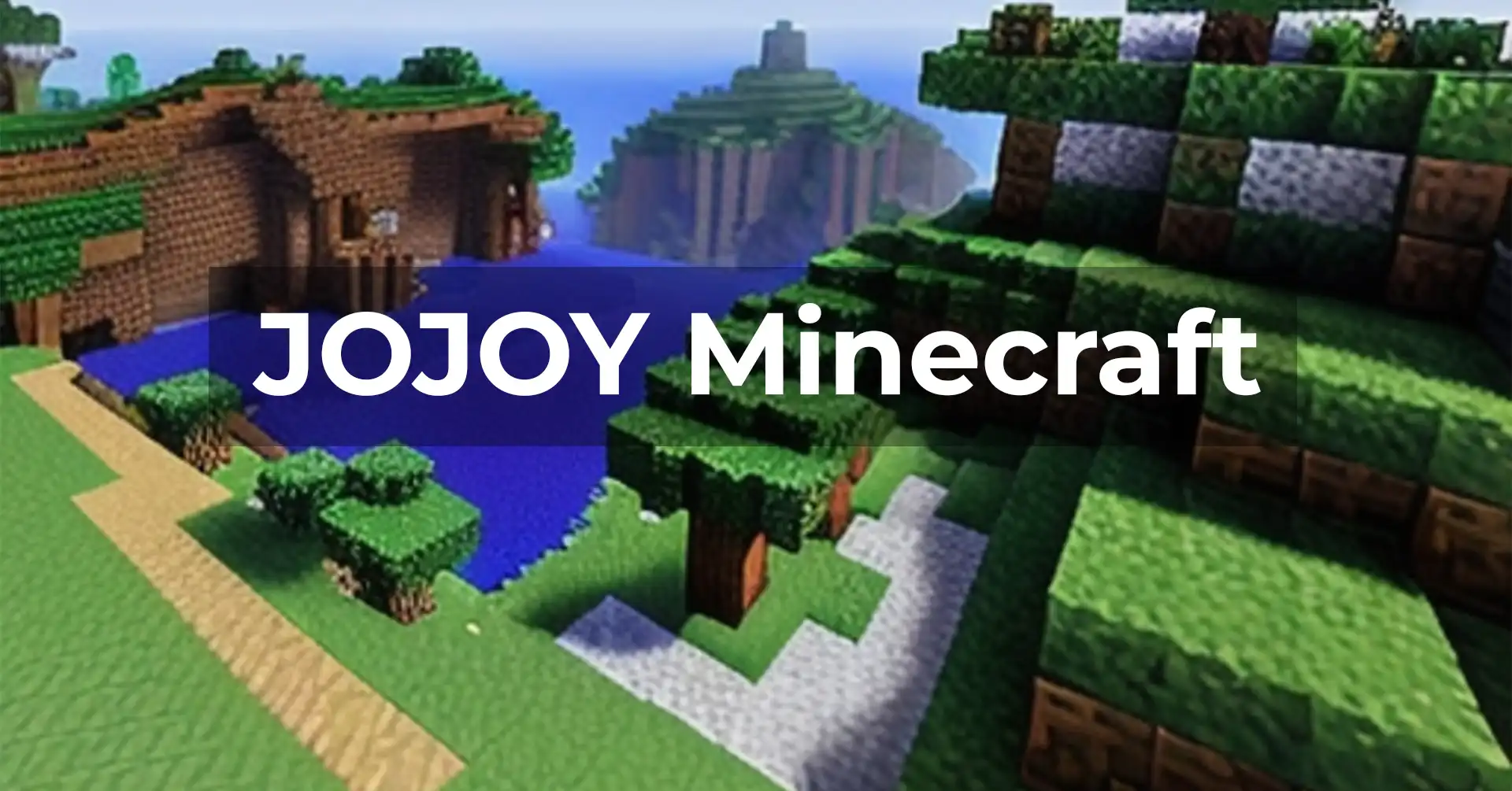
Indie Game Development: Opportunities and Challenges
IMAGE CREDIT: PIXABAY
Indie game development is a thriving industry, with many game creators choosing to take the leap into creating their own unique games. With the rise of digital platforms like Steam, itch.io, and the App Store, it’s easier than ever for independent developers to launch their games to a global audience. However, while indie game development offers exciting opportunities, it also comes with its own set of challenges. Let’s explore whether indie game development is profitable, how to get started, and the tools you’ll need.
Is Indie Game Development Profitable?
The question of whether indie game development is profitable is a common one. The answer depends on various factors, such as the quality of the game, its marketing, and audience reception. Some indie games, like Stardew Valley and Undertale, have achieved massive success, turning their creators into household names. However, for every success story, there are hundreds of games that fail to make a significant profit.
The key to profitability in indie game development lies in careful planning, budgeting, and understanding the market. By focusing on innovative gameplay, unique storylines, and targeted marketing, developers can maximize their chances of success.
How Indie Game Developers Earn Money
Indie game developers earn money through various channels. The most common is direct sales on digital platforms such as Steam, the Epic Games Store, and consoles like PlayStation and Xbox. These platforms typically take a percentage of the sales, but the majority of the revenue goes directly to the developer.
Another avenue for earning money is through crowdfunding platforms like Kickstarter or Indiegogo. Developers can gain financial backing before the game is fully developed, ensuring they have the resources to bring their ideas to life.
Additionally, some indie developers offer in-game purchases or downloadable content (DLC) to generate ongoing revenue from their games. Merchandising, soundtracks, and licensing deals are other sources of income for indie game developers.
Is Indie Game Development Worth It?
For many, indie game development is a labor of love. While the financial rewards can be substantial, the path to success is often filled with hurdles. The development process can be time-consuming and requires a wide range of skills, from coding to art design to marketing. However, if you’re passionate about creating games and enjoy the creative freedom that comes with indie development, it can certainly be worth it.
The satisfaction of creating a game that resonates with players is an unparalleled reward. Whether it’s a critically acclaimed game or a small cult hit, the impact of your work can be meaningful and long-lasting.
Unity vs Unreal for Indie Game Development
When it comes to choosing the best game engine for indie game development, two names dominate the conversation: Unity and Unreal Engine. Both have their strengths and are widely used in the indie game development community.
- Unity: Known for its flexibility and ease of use, Unity is a favorite among indie developers. It’s highly customizable, has a vast community, and supports 2D and 3D games. Additionally, Unity offers a free version for developers with less than $100K in revenue, making it an excellent choice for beginners.
- Unreal Engine: Unreal Engine is a more powerful engine known for its high-quality graphics. It’s often used for AAA games, but it’s also accessible to indie developers. Unreal offers robust tools for 3D game creation, and its visual scripting system, Blueprints, can be appealing to developers with little coding experience. However, Unreal has a steeper learning curve compared to Unity.
Ultimately, the decision between Unity vs Unreal for indie game development depends on your specific needs. Unity might be better suited for simpler 2D games, while Unreal can be a great choice for high-fidelity 3D experiences.
How to Get into Indie Game Development
Getting into indie game development requires a combination of creativity, technical skills, and perseverance. Here are the steps you can follow:
- Learn the Basics: Start by learning game development fundamentals. Many online courses teach programming, game design, and art creation. You can find tutorials for Unity, Unreal, and other game engines on platforms like Udemy, Coursera, and YouTube.
- Pick a Game Engine: Choose a game engine that fits your vision. Unity and Unreal Engine are the top choices, but other engines like Godot and RPG Maker also offer unique advantages.
- Develop Your Skills: As you work on your game, you’ll need to learn coding, design, and project management. It’s essential to be well-versed in the tools you choose to use.
- Build a Portfolio: Before releasing a full game, create small projects to showcase your skills. This will help you attract potential collaborators and funding.
- Publish and Market: Once your game is ready, consider publishing it on platforms like Steam or itch.io. Marketing will be crucial to getting attention for your game, so build a social media presence and engage with your audience.
Best Indie Game Development Software
The best indie game development software will depend on your specific needs and experience level. Some of the most popular software includes:
- Unity: Ideal for 2D and 3D games, Unity is known for its versatility and robust asset store.
- Unreal Engine: Best for high-quality 3D games with advanced graphics, Unreal Engine is known for its powerful tools.
- Godot: A free and open-source game engine that is beginner-friendly and great for 2D games.
- GameMaker Studio: Popular for 2D games, GameMaker Studio allows for rapid development without deep programming knowledge.
- Construct: A drag-and-drop game development tool that’s easy for beginners to use.
Indie Game Developers Looking for Music
Music is a vital component of game development, enhancing the emotional impact and atmosphere. Indie game developers often seek original compositions to accompany their projects. Platforms like Fiverr, Bandcamp, and SoundCloud are great places to find talented musicians and composers who specialize in video game soundtracks.
Moreover, some indie developers also turn to royalty-free music libraries for affordable background music, while others collaborate directly with independent composers to create a unique sound that matches the game’s theme.
Conclusion
Indie game development is full of opportunities, but it also presents challenges. While it can be profitable, success isn’t guaranteed. The right tools, such as Unity or Unreal, along with the passion for creating something unique, are key to achieving success. If you’re serious about entering the world of indie game development, it’s crucial to learn as much as you can, develop your skills, and stay persistent. With the right approach, indie game development can be both rewarding and lucrative.





